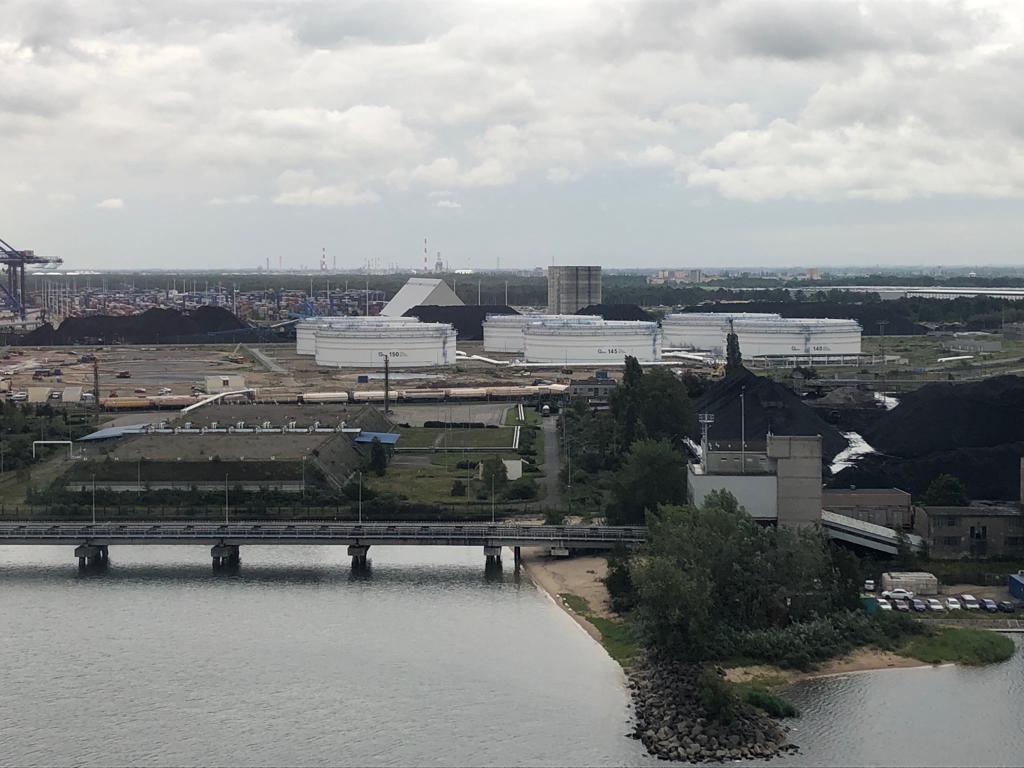During the EU Energy Council, Minister Henning-Kloska stressed the importance of infrastructure that delivers non-Russian fuels. The politician said that this could be a topic for coordinating actions aimed at protecting infrastructure at the EU level.
Paulina Henning-Kloska, Minister of Climate and the Environment, attended the European Union Energy Council. The meeting was held on March 4 and was about energy security, gas regulations and flexibility of the electricity system. The Minister noted that the maritime terminals have a greater role than in the past. As the reason for this, she pointed to the embargo on Russian fuel. Thus, ports require more protection, both in terms of physical protection and cyber threats. The Minister believes that there is room for coordination of actions at the level of the European Union, aimed at protecting critical infrastructure that receives supplies from outside Russia.
Henning-Kloska called on the European Commission to examine how fuel supplies to Ukraine were delivered this winter. Additionally, she raised the issue of considering and discussing how the embargo on LPG, introduced as part of the 13th package of sanctions, will affect fuel in the European Union member states and the sale of fuel to Ukraine. The Minister noted that Poland has supported and will support Ukraine, also in terms of energy supplies.
„We are aware that Russia continues its attacks on Ukraine’s energy infrastructure. In the last two months, we have seen that these attacks have intensified and are much more massive than in the past,” Henning-Kloska said.
The European Council recommended limiting the consumption of natural gas. The Ministry stated that, according to Poland, this is the responsibility of individual member states. At the same time, EU recommendations can be a good guide on how to reduce consumption effectively. Poland sees no obstacles to the adoption of these recommendations.
„This is a major challenge facing all member states. However, flexibility is not an end in itself, it should serve to ensure a sustainable and cost-effective energy transition,” said the Minister referring to the issue of flexibility of the electricity system.
Ministry of Climate and Environment / Marcin Karwowski









